November 27, 2024 | 11:49 GMT +7
November 27, 2024 | 11:49 GMT +7
Hotline: 0913.378.918
November 27, 2024 | 11:49 GMT +7
Hotline: 0913.378.918
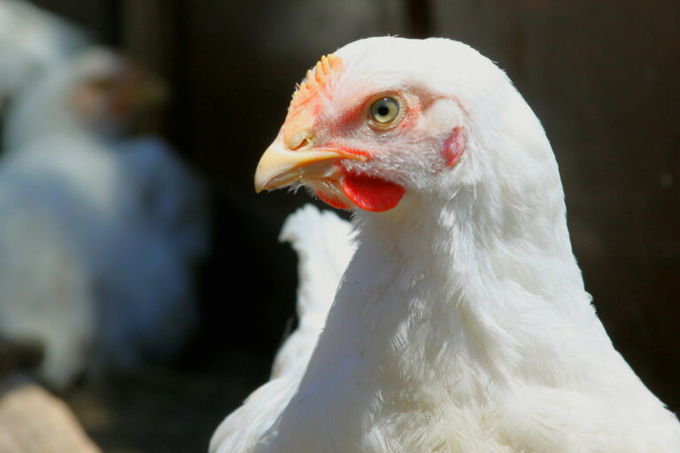
The partnership aims to enhance connectivity among UK and Chinese academic institutions, emphasising capacity building and knowledge transfer. Photo: Canva.
The deal aims to strengthen the partnership between the 2 nations and their work to tackle a range of avian diseases. It builds on the research by the UK-China Centre of Excellence for Research on Avian Diseases (CERAD), which was established by The Pirbright Institute in 2015.
CERAD brought together the Shandong Binzhou Animal Science and Veterinary Medicine Academy and other Chinese academic institutions to focus on research on avian diseases.
This 7-year Newton-funded collaboration produced extensive research into different aspects of avian diseases, leading to scientific publications, the development of vaccines and diagnostic tests, international meetings and training on poultry diseases research for students and post-doctoral scientists.
Innovative approaches in avian health
Welcoming the new deal, Pirbright Institute director Professor Bryan Charleston, said: “This agreement brings together Pirbright, Shandong and 10 Chinese academic institutions, reinforcing CERAD’s commitment to innovative approaches in avian health, using emerging technologies such as genomics, AI and single cell biology for improving animal health capabilities.”
Professor Bing Zhang, director of Shandong’s Animal Science and Veterinary Medicine Academy added: “This agreement will expand the cooperation members to 8 provinces in China, covering the major poultry production areas in China, which is of great significance in comprehensively promoting the research and control of poultry diseases in China and the UK. It will lay a solid foundation for us to promote the international layout and global development of avian disease prevention and control.”
Funding
Pirbright researcher Professor Venugopal Nair said securing joint funding for avian disease from national and international funding agencies would be a top priority for CERAD.
“Enhancing connectivity among UK and Chinese academic institutions, CERAD will emphasise capacity building and knowledge transfer through exchange visits, training programmes, scientific conferences and through developing educational resources,” he added.
(Poultryworld)
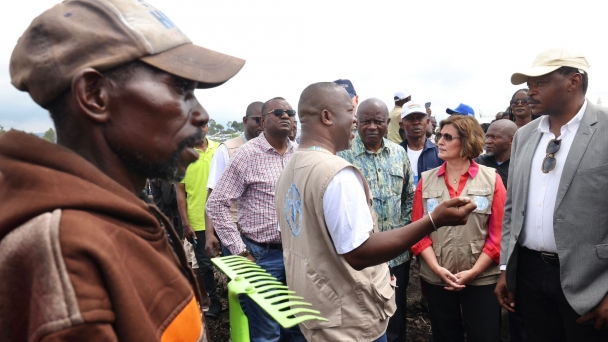
(VAN) FAO high-level delegation met people affected by conflict, as well as government officials, donor partners, and aid workers to scale up effective responses to persistently high levels of hunger.
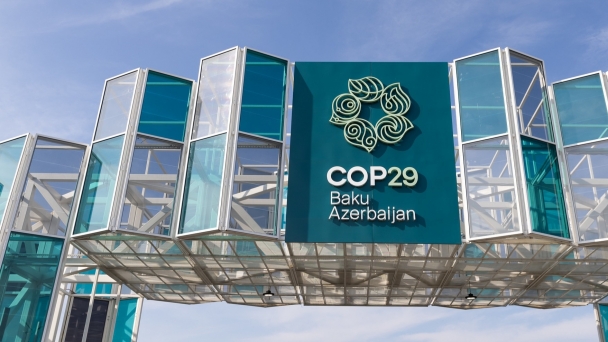
(VAN) At the global meeting in Azerbaijan, FAO raised agrifood solutions as key for addressing the climate crisis and supported the COP29 Presidency with important initiatives.
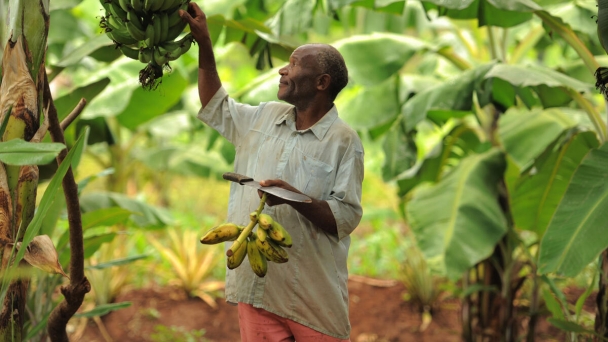
(VAN) Food insecurity and biodiversity loss are the top reported climate-related risks, featuring in 88% of national climate action plans.

(VAN) United Nations climate talks adopted a deal to inject at least $300 billion annually in humanity’s fight against climate_change, aimed at helping developing nations cope with the ravages of global warming in tense negotiations.
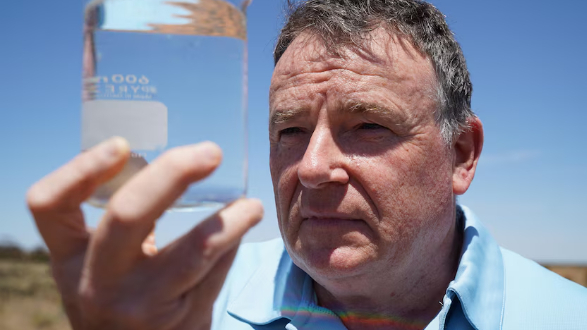
(VAN) Fish and seaweed could soon be farmed at a site in Waikerie by an Adelaide-based aquaculture company. Previous research has found the concept is technically viable, but has not yet been widely replicated in Australia.
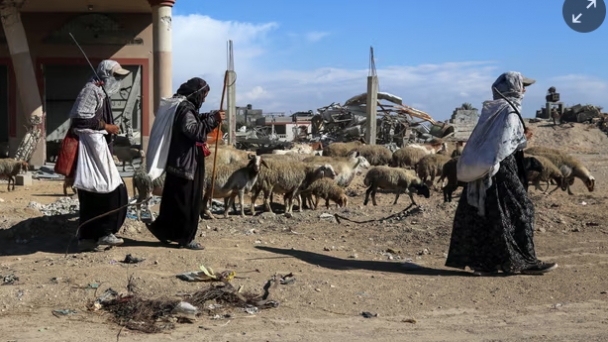
(VAN) Israeli attacks have destroyed huge areas of land used for crops, with 90% of cattle killed, analysis shows.
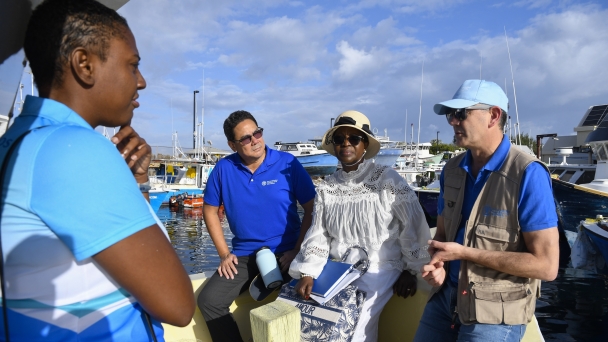
(VAN) Interview with Manuel Barange, Director of FAO’s Fisheries and Aquaculture Division.